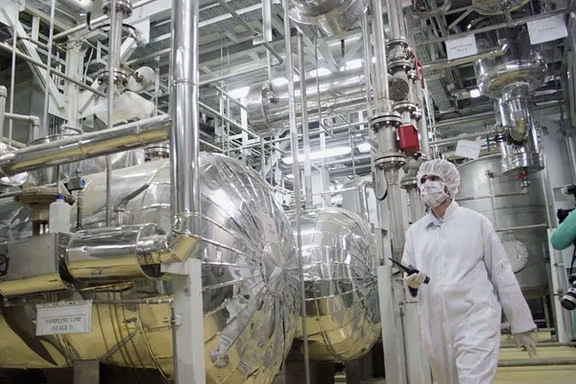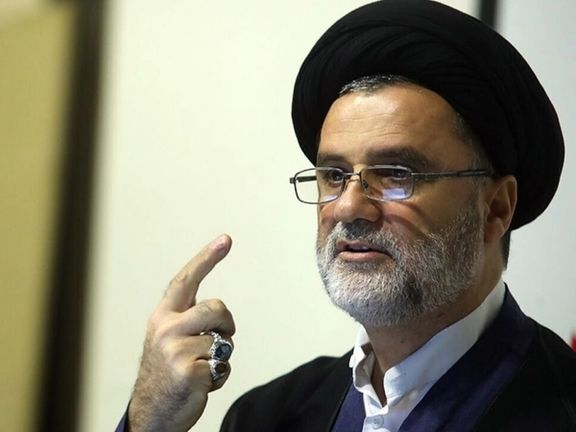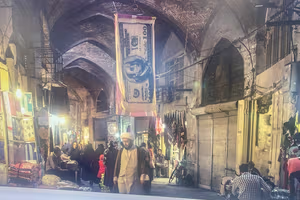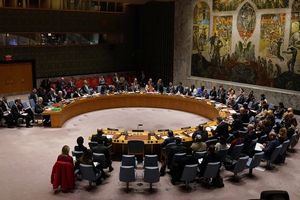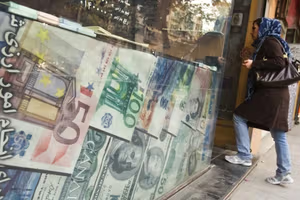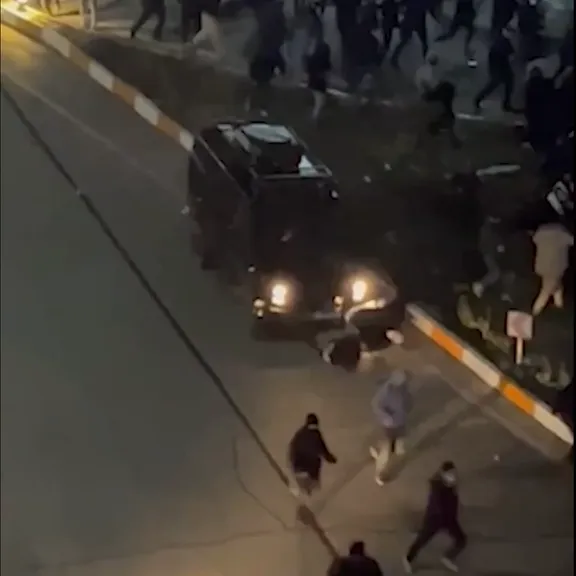The UK Charity Commission’s launched a statutory inquiry last week into the Islamic Human Rights Commission Trust's transfer of large six-figure annual sums into publications and events of a private company listed at the same address.
Cooperation of this kind is not inherently improper, but it demands transparency and demonstrable separation of purpose.
This controversy is not unique.
Across Europe and North America, governments have investigated institutions they suspect of channeling Iranian influence or ideological extremism while presenting themselves as advocates against Islamophobia and imperialism.
Lawful activism or faith-based advocacy can be conflated with subversion, leading to limits on freedoms a liberal democracy seeks to protect.
But Islamophobia can also be invoked as a rhetorical shield against legitimate oversight, discouraging scrutiny through accusations of prejudice.
Getting the balance right is crucial—and countries have tried to do so in different ways.
Germany: constitutional patriotism
Germany, grounded in its doctrine of wehrhafte Demokratie, acted decisively on July 24, 2024, by banning the Islamic Centre Hamburg (IZH) for functioning as a proxy of the Iranian state and ideological partner of Hezbollah.
Fifty-three premises were searched, assets seized, and the director expelled. Berlin’s message was plain: freedom of worship does not extend to institutions operating as arms of foreign governments.
Sweden: Law over rhetoric
On February 3, 2025, Sweden withdrew state funding from the Imam Ali Islamic Centre in Stockholm after confirming its use for Iranian espionage.
The move, conducted within the bounds of legal proportionality, underscored that liberty of religion is strengthened—not weakened—by the rule of law.
Denmark: oversight before crisis
When reports surfaced of Iranian-linked transfers to Copenhagen’s Imam Ali Mosque, Denmark’s parliament opened Question S 770 (February 28, 2025), seeking government assurances of transparency.
This pre-emptive scrutiny exemplified democratic vigilance through inquiry rather than decree.
France: faith vs politics
France, long the sentinel of laïcité, dissolved Centre Zahra France on March 20, 2019, for glorifying armed movements and inciting hatred—a decision later upheld by the Lille Administrative Court.
Paris reaffirmed that belief may be free, but the politicization of faith is not protected under law.
The Netherlands: intelligence and prevention
In March 2025, Dutch and Belgian security agencies jointly reported Iranian intimidation and influence operations via religious networks. Their method—monitoring and early warning rather than dissolution—illustrates how intelligence can achieve restraint without spectacle.
Canada: strategic resilience
Canada has pursued a hybrid approach of fiscal regulation and national-security vigilance. The RCMP confirmed expanded investigations in its June 4, 2025, statement, while the Montréal Police Service increased protection for both Muslim and Jewish institutions amid geopolitical tension.
The 2019 revocation of charitable status for the Islamic Shia Assembly of Canada remains an instructive precedent that financial oversight can neutralise ideological capture without impugning religious liberty.
Patterns and implications
Across these jurisdictions, three convergent lessons emerge.
First, democratic states must recognise that the rhetoric of anti-discrimination can be co-opted to shelter extremism.
Second, the line between anti-Zionism and antisemitism remains a defining fault line. Regulators face a daunting challenge in distinguishing between political expression and the propagation of hatred.
Third, effective counter-strategy depends upon clarity of evidence and transparency of law. Germany and France favour enforcement; Sweden and Denmark rely on procedural oversight; Canada employs intelligence and fiscal scrutiny.
Their diverse methods share one aim: to protect the neutrality of civic space from ideological manipulation.
The British Context
The United Kingdom now faces its own test.
An official warning leveled in March and now the inquiry into the Islamic Human Rights Commission Trust are not isolated events but part of this wider democratic reckoning.
The Charity Commission seeks to determine whether funds raised under the banner of human rights were used for non-charitable political ends.
The Trust’s published accounts record £324,228 in 2022 and £416,246 in 2023 transferred to its corporate counterpart for “projects undertaken on behalf of the Charity.”
The question is not one of theology but of governance: whether charitable privilege can coexist with political partisanship, and whether appeals to anti-imperial justice can obscure the advance of intolerant ideology.
Britain’s tradition favors law over proclamation and balance over reaction. In that spirit, the task of the Charity Commission is to reaffirm the principle that transparency and accountability are the guardians of liberty.
Different approaches
Decisive action need not be punitive; proportionate inquiry and public explanation are the hallmarks of democratic strength.
If Germany has wielded the sword, France the decree, Sweden the warrant, and Canada the audit, then Britain may hold the scale—steady, balanced, incorruptible. For charity, like liberty, perishes less from attack than from misuse.
It is possible, indeed necessary, to tread with such care that the sceptred isle may once again say, in the calm majesty of her conscience, that she has defended both her charities and her soul.
